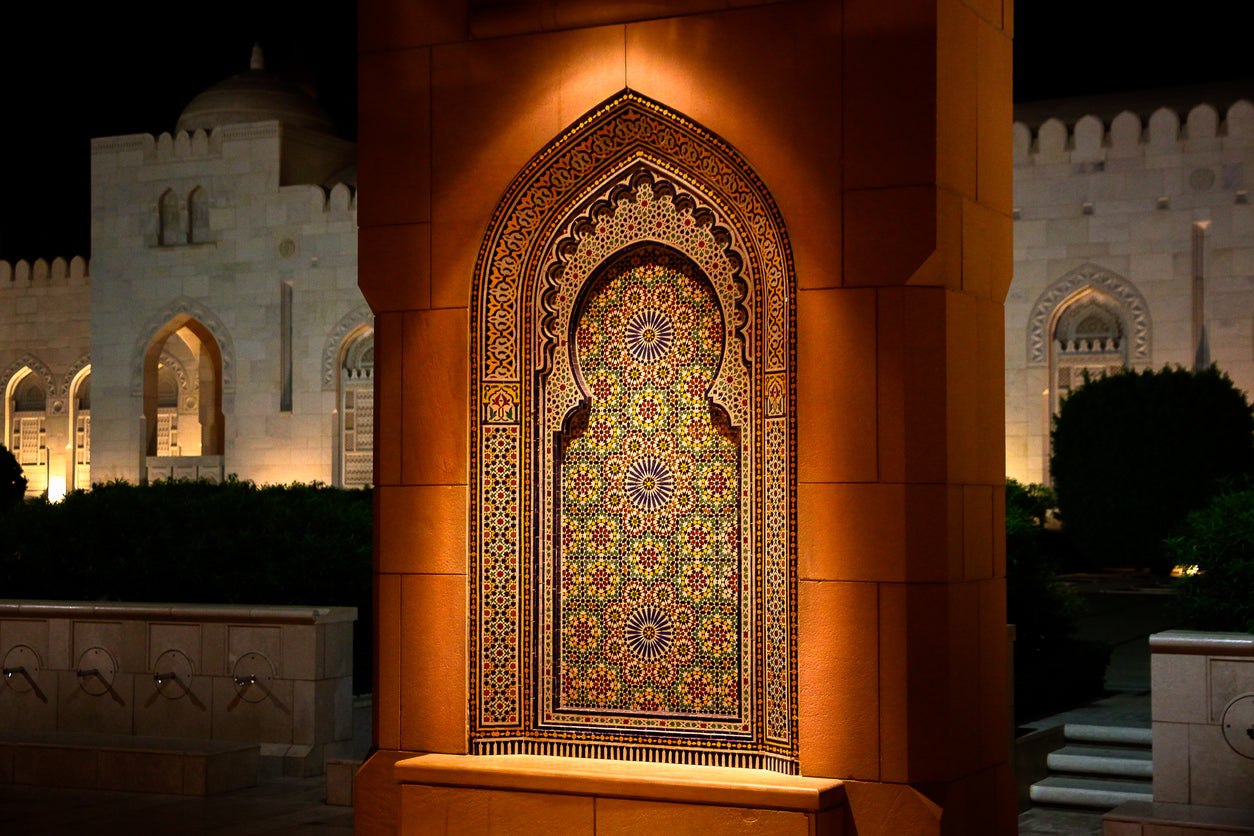Key Takeaways:
- Baraqah signifies divine blessings, especially potent in Ramadan.
- Engaging in Sunnah and voluntary acts can yield significant rewards.
- Consistency in worship and good deeds is crucial for sustaining Baraqah.
The concept of "Baraqah" or blessings in the month of Ramadan and offers insights on how to obtain more blessings during this sacred time. Here's a summary:
Understanding Baraqah in Ramadan:
- Ramadan is described as a month filled with divine blessings, where every act of worship is rewarded significantly more than in other times of the year.
- Sunnah and voluntary acts of worship in Ramadan carry the same weight as obligatory acts outside of Ramadan, reflecting the immense blessings bestowed during this month.
- Baraqah is defined as divine blessing or blessing power, and it is considered a spiritual concept inherent in Islam, representing a Muslim's spiritual reality.
Sources of Baraqah:
- Baraqah can be obtained through various activities, people, places, or a combination of these, depending on circumstances.
- Examples include helping religious teachers, cooking for religious gatherings, and seeking baraqah in different situations.
Seeking Baraqah Through Pious Acts:
- Pious acts, especially during specific times like Tahajjud (night prayer), are highlighted as avenues for obtaining barakah.
- The article encourages waking up for Tahajjud during Ramadan, as it is a time when Allah makes it easier to draw closer to Him and feel His closeness.
Consistency and Istiqamah:
- Ramadan is seen as a month full of baraqah, making it an opportune time to initiate or add positive practices to one's spiritual schedule.
- Encourages consistency in actions initiated during Ramadan, with the hope that the blessings of the month will make it easier to continue these practices after Ramadan ends.
Specific Actions to Enhance Baraqah:
- Suggestions include reading Surah Al-Kahf on Fridays, with the reminder that the blessings of Ramadan make it an ideal time to start.
- Encourages memorizing parts of the Quran, with a focus on chapters like Surah Yasin or Surah Al-Mulk, known for their special merit.
- Adherence to both the outward and inward Sunnah of Prophet Muhammad is emphasized, considering it a means of obtaining baraqah.
The overall message is to recognize the special blessings of Ramadan, seek baraqah through various acts of worship and positive actions, and strive for consistency in these practices beyond the month of Ramadan.
Book: The Salah - The Prophet's Prayer Described is an insightful guide offering a comprehensive look into the Salah, detailing the prayer methods practiced by the Prophet Muhammad, aiming to enhance the spiritual practice of readers by aligning their prayer rituals with prophetic teachings.
Read The Concept Of Baraqah Ramadan 2
Frequently Asked Questions:
Q: What is the significance of Laylat al-Qadr during Ramadan?
A: Laylat al-Qadr, known as the Night of Power, is considered the best night of the year in Islam, occurring in Ramadan. It commemorates the night the Quran was first revealed to the Prophet Muhammad. Muslims believe it holds more blessings than a thousand months and seek its benefits by engaging in intensified worship, especially during the last ten nights of Ramadan.
Q: How can one maximize Baraqah during Ramadan?
A: Maximizing Baraqah (blessings) involves engaging in additional prayers, especially the Tahajjud (night prayer), and being consistent with one's worship and good deeds throughout the month. Starting or strengthening one's practice of reading Surah Al-Kahf on Fridays and memorizing parts of the Quran, such as Surah Yasin or Surah Al-Mulk, can also enhance Baraqah.
Q: What are the three stages of Ramadan, and what does each represent?
A: Ramadan is divided into three ten-day stages, or Ashras. The first ten days are focused on mercy, the second on forgiveness, and the final ten days are aimed at seeking refuge from Hellfire. Each stage represents a unique opportunity for Muslims to seek Allah's grace and forgiveness.
Q: Who is exempt from fasting during Ramadan, and what are the alternatives?
A: Children who haven't reached puberty, the elderly, those who are chronically ill, and those who are temporarily sick and whose health might worsen by fasting are exempt from fasting. Those unable to fast due to health reasons should feed a needy person for each day missed. This act of charity provides an alternative way to participate in the spirit of Ramadan.
Q: What is the purpose of fasting during Ramadan?
A: Fasting during Ramadan serves multiple purposes, including developing self-restraint, becoming more compassionate towards the needy, and enhancing one's spirituality. It's a time for Muslims to purify their souls, reflect on their lives, and grow closer to Allah through increased prayer, Quran recitation, and acts of charity.











